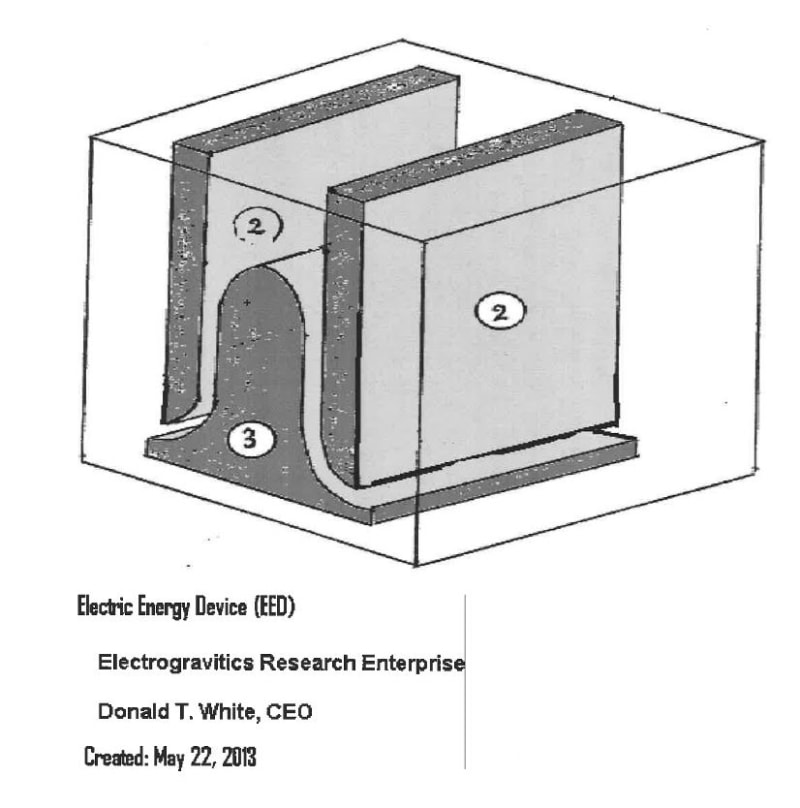EED Creates the Future 2013
Goal: Create an electric energy device (EED) system for usage in transportation like an aircraft or automobile. Cost effective, practical, and dependable. The transportation will operate, except without the necessity of fossil fuel. Meaning the transportation will operated with or without its petrochemical propulsion engine(s). The auto/aircraft will be “driven/flown” safety, nonetheless.
Objectives: The electric energy device (EED) system will connect to an electric source via batteries and charged by solar power. The device will give the aircraft industry a needed “green” energy solution to conserve fuel usage while allowing the auto/aircraft to fully operate. A solution is available for autos. However, none exist for aircrafts. Autos currently allow both electric and gas powered engines to operate; however, the autos require the use of petrochemical products such as gas and lubricating oil. The EED device negates the required usage of petrochemical products, or need of a petrochemical engine(s) to operate.
Activities: The electric energy device (EED) constructed, then connected to an electric source via batteries and charged by solar power. Scientific test currently being performed and their pending results are expected to indicate that installing the EED device into any auto and/or aircraft will not only increase safety, but result in an increased ROI. A test of the device’s system’s life cycle sustainability, especially with regards to the electrical energy input into the device, giving the device its resulting output strength (thrust), computed to be 1-2 tons of thrust per device. A test auto and aircraft will confirm experimental expectations and computed data results for the device’s practical usage and increased safety regarding its usage in transportation such as auto and/or aircraft after testing has been successfully completed and confirmed. OMG – will automobiles be able to navigate the “friendly skies”? Anyone seen George Jetson?
Products: The electrical energy device (EED) constructed will be connected to an electric source via batteries and charged by solar cells, and will be easily installed into any auto and/or aircraft, allowing them to function like today’s autos and/or aircrafts, except the negated use of the auto’s or aircraft’s engine(s), as it will not be required, allowing the owners of said auto or aircraft using little to no fossil fuel, e, g. gas usage, resulting in substantial fuel cost savings, as well as, some added operational safety, especially during severe weather conditions for aircrafts.
Outcomes: The energy device (EED) unit will be uniformly constructed and designed for any auto and/or aircraft so that the device will be easily installed into each auto and/or aircraft without any need for any major modification, allowing either the auto or aircraft to function as they do normally are expected to do today, except that it will allow the auto and aircraft owners lower petrochemical usage, resulting in fuel cost savings while especially adding operational safety. Impact of the device usage will result in a whole new form of land and air transportation while still maintaining the current system. Consideration for computerized “Google” autos?
Like this entry?
-
About the Entrant
- Name:Donald White
- Type of entry:individual
- Software used for this entry:freehand.ms paint
- Patent status:patented

